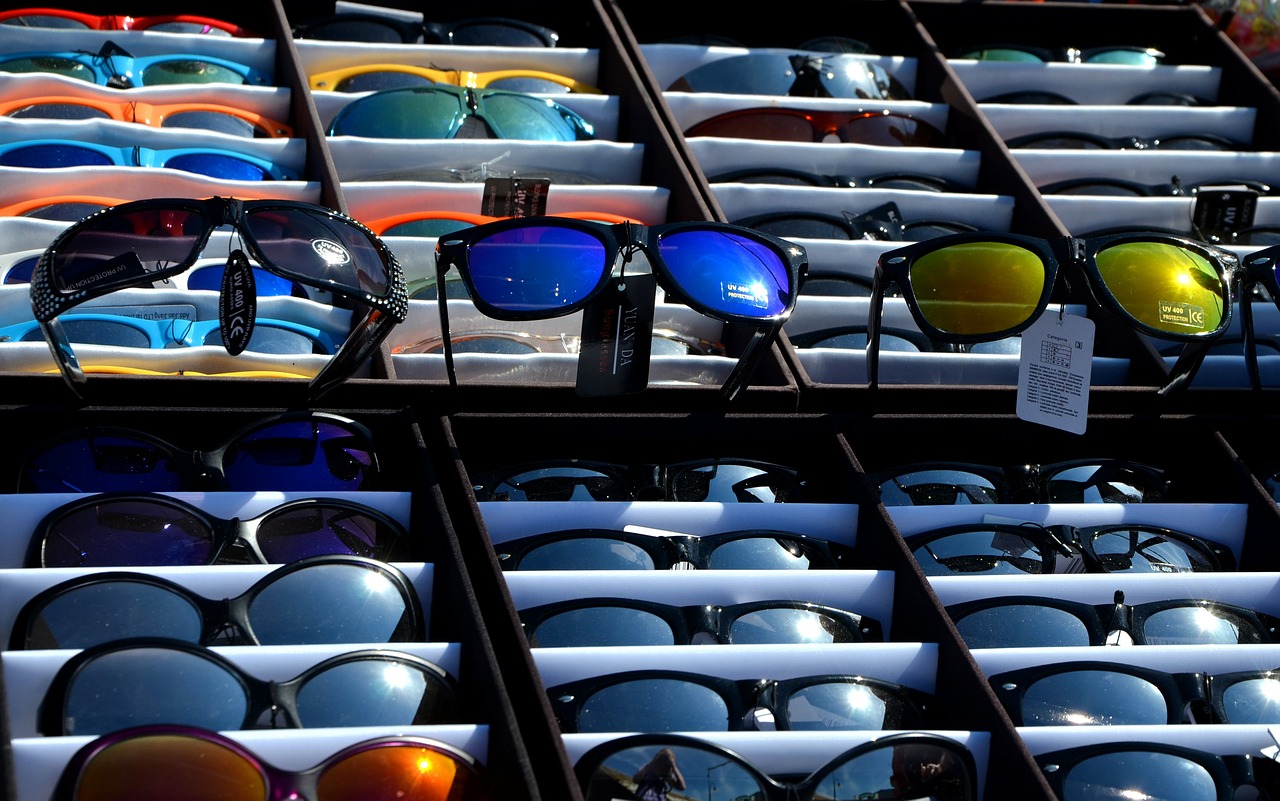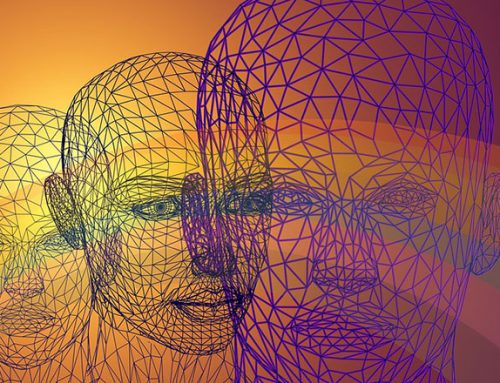Stephen Covey, the author of 7 Habits of Highly Effective People, once said, “If you want small changes in your life, work on your attitude. But, if you want big and primary change, work on your paradigm.”
When I first heard this, I asked, “How are attitudes different from paradigms?”
Attitudes are a collection of behaviours. Attitudes are the way we’re used to expressing ourselves around friends and strangers alike. For me, a positive attitude is empathic, playful and intelligent. For my friend James, it’s being upbeat, cynical and witty. Your “positive attitude” may be similar or totally different.
Paradigms are a collection of beliefs. Our paradigms fundamentally influence how we interact with the world: they filter what we pay attention to, and how we respond. A positive paradigm for me is the importance of being attentive to others, finding humour wherever I go, and being able to contribute meaningful wisdom. Paradigms – and beliefs in general – are far more personal than behaviours.
A belief finds its expressions in behaviours. Look above and you’ll notice that the three personal beliefs I gave (e.g. importance being attentive to others) match the three behaviours that form my attitude (e.g. empathic).
Our beliefs guide our behaviours, whether or not we are aware of them.
Let me illustrate with a conversation I had with a friend:
“Jeremy,” I begin by saying, “do you have the physical ability to drop something on the floor?”
“Of course I do,” he replies, “it’s not hard.”
“So, if we were walking in a corridor, would you drop a candy wrapper on the floor if I asked?”
Jeremy furrows his brow, and shakes his head. “Of course not – littering is wrong.”
Even when we are capable of a certain behaviour, we are adverse to doing it if it conflicts with a belief. Equally, we are willing to behave in a certain way – even if it’s uncomfortable – if it is in line with a belief.
When you work on your paradigms, you automatically work on your attitude.
How can you use this distinction to your benefit?
PARADIGMS: A STRUCTURE OF BELIEFS
Often, beliefs are out of our awareness and subsequently “invisible”.
While we can observe peoples’ behaviour, we cannot see their beliefs.
We can only infer them.
We act upon our beliefs without even realising we’re doing so – we just do.
We all have beliefs, regardless of what they are or how they manifest.
Beliefs are assumptions, expectations and generalisations we hold about the world around us. They are often based on our upbringing, our education and our experience.
Beliefs inform what we pay attention to and how we see the world.
Think of a pair of tinted glasses: a unique pair of lenses that influence your perception of yourself, others and the world.
By looking through glasses, you alter how you perceive the world: you see the world in a certain way.
Think of paradigms as the colour your glasses are tinted with. Depending on your paradigms, you will see your reality differently.
Now imagine that everyone wears a different pair of glasses. Everyone sees different things, even when you’re looking at the same person, object, event or idea.
“Beauty is in the eyes of the beholder,” as the saying goes – but so is everything else!
Of course, we don’t just have one pair of life-long glasses!
Depending on the situation, you may find yourself taking off one pair and putting on another, or tinting the lenses in different ways.
My lenses are tinted differently at school than they are at home. Similarly, they have a different tint with my friends or with family, and naturally alter their hue when I’m excited, upset or focused.
You change your glasses in both little and big ways every day and throughout your life – it’s how the glasses you inherited when you were children still fit you now!
YOUR GLASSES ARE NOT YOUR EYES
“Your glasses are not your eyes” – funny thing to say, isn’t it?
Yet, this is what many of us do every day: we confuse the glasses we wear with our eyes.
What’s the difference? You can’t change your eyes (under everyday circumstances, at least), but you can change your glasses.
When you realise you’re wearing glasses, you suddenly open up the possibility of choice to alter or dissolve the paradigms that limit your worldview.
In an “Your Past Doesn’t Make You: You Do“, you’ll learn how you’ve subtly tinted your glasses throughout your life simply through thought, emotion and reflection.
What kind of glasses do you wear?







Leave A Comment
You must be logged in to post a comment.